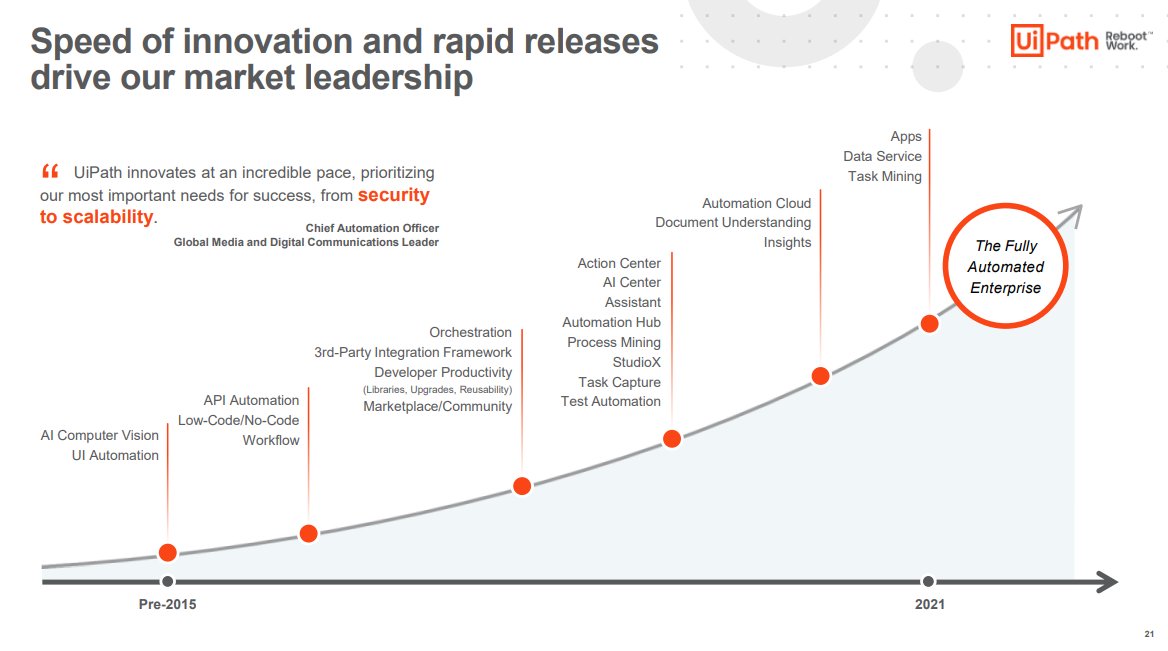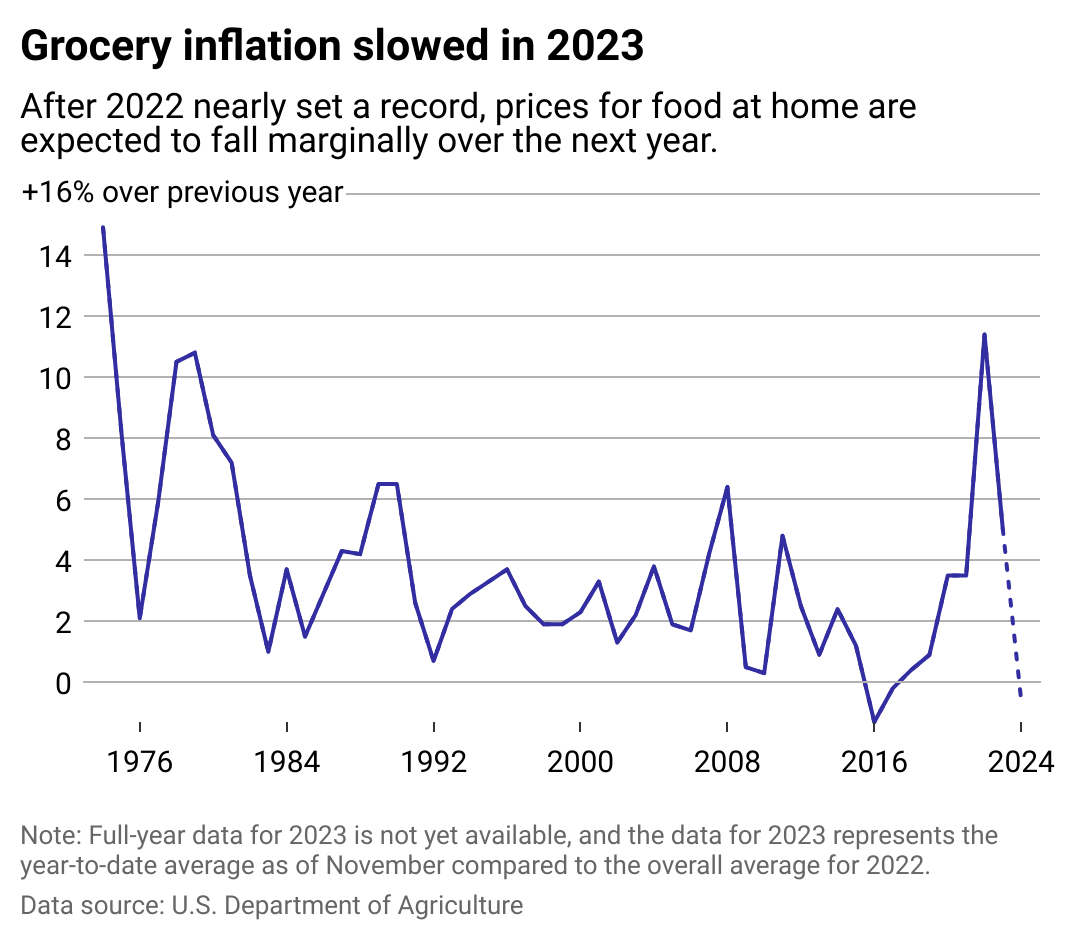Has Google Mastered AI? Investor Perspectives And The Road Ahead

Table of Contents
Google's Current AI Capabilities and Market Position
Google's dominance in the AI arena is undeniable, built upon years of substantial investment and innovative research. Let's explore its key strengths:
Dominance in Search and Advertising
Google's AI-powered search algorithms are at the heart of its empire. Machine learning algorithms like BERT and RankBrain significantly enhance search accuracy and relevance, providing a superior user experience. This translates directly into increased advertising revenue, as more targeted and effective ads are served. This competitive advantage over other search engines is a key factor in Google's continued market leadership.
- AI-powered search: BERT and RankBrain understand natural language nuances, leading to more accurate search results.
- Machine learning algorithms: Constantly refined, these algorithms optimize ad placement and user experience.
- Advertising revenue: AI-driven improvements lead to higher click-through rates and increased advertising revenue for Google.
Advancements in AI Research and Development
Google's commitment to AI research is evident in its substantial investments and groundbreaking projects. DeepMind, a Google subsidiary, has made significant contributions to the field, pushing the boundaries of deep learning and artificial general intelligence (AGI). Their advancements in natural language processing (NLP), computer vision, and robotics are shaping the future of AI.
- DeepMind: Responsible for breakthroughs in game playing AI (AlphaGo) and protein folding (AlphaFold).
- Natural language processing (NLP): LaMDA and PaLM 2 demonstrate significant progress in generating human-quality text and understanding complex language.
- Computer vision: Google's AI excels at image recognition and object detection, powering various applications.
- Deep learning models: Google leverages cutting-edge deep learning models to power its AI initiatives.
Integration of AI Across Google's Product Ecosystem
Google seamlessly integrates AI into its vast product ecosystem, enhancing user experience and creating new revenue streams. This widespread integration is a key differentiator.
- Google Assistant: Provides voice-activated assistance across devices.
- Google Translate: Leverages AI for real-time translation across numerous languages.
- Gmail's smart compose: Predicts and suggests words and phrases, improving email efficiency.
- AI-powered applications: Google Photos uses AI for intelligent photo organization and search.
Investor Perspectives on Google AI
Investing in Google AI presents both significant opportunities and considerable risks. Let's examine these aspects from an investor's standpoint.
Investment Opportunities and Risks
Google's stock performance is closely tied to its AI advancements. The potential for future growth in AI-driven products and services is substantial, offering attractive investment opportunities. However, technological disruption, ethical concerns, and fierce competition pose significant risks.
- Google stock: A strong indicator of market confidence in Google's AI initiatives.
- AI investment: Significant potential for high returns, but subject to market volatility.
- Technological disruption: New technologies could potentially challenge Google's dominance.
- Market volatility: The AI sector is susceptible to rapid changes and unforeseen challenges.
Ethical Considerations and Regulatory Challenges
The ethical implications of Google AI are paramount. Concerns regarding algorithmic bias, data privacy, job displacement, and the potential misuse of AI need careful consideration. Increasing regulatory scrutiny adds another layer of complexity for investors.
- AI ethics: Addressing bias in algorithms and ensuring responsible AI development are crucial.
- Data privacy: Protecting user data and complying with data privacy regulations is vital.
- Algorithmic bias: Mitigating biases in AI systems is essential for fairness and equity.
- AI regulation: Navigating evolving regulations is crucial for long-term success.
The Road Ahead for Google AI
The future of Google AI is full of potential, but also significant challenges. Competition is fierce, and continuous innovation is essential for maintaining leadership.
Future Innovation and Development
Google's future advancements are likely to focus on areas like quantum computing, general artificial intelligence (AGI), and the application of AI to solve pressing global challenges.
- Quantum computing: Has the potential to revolutionize AI capabilities.
- General AI (AGI): Developing AI with human-level intelligence remains a long-term goal.
- Future of AI: AI will continue to transform various sectors, including healthcare and climate change mitigation.
Competition and Market Dynamics
The AI landscape is highly competitive. Companies like OpenAI and Microsoft are significant players, vying for market share and talent. Google must continue to innovate to maintain its leading position.
- AI competition: Maintaining a competitive edge requires constant innovation and investment.
- OpenAI and Microsoft AI: Key competitors pushing the boundaries of AI capabilities.
- Market share: Competition for market share in the rapidly growing AI industry is intense.
Conclusion
Google has made undeniable strides in AI, establishing a strong position in the market. However, the road ahead is paved with both opportunities and challenges. Investors need to carefully weigh the potential for substantial returns against the risks associated with technological disruption, ethical concerns, and fierce competition. Understanding these dynamics is crucial for navigating the evolving landscape of Google AI. Keep up-to-date on the latest developments in Google AI and its investment potential to make informed decisions.

Featured Posts
-
 Fords Ev Strategy Sharing Battery Production With Nissan
May 22, 2025
Fords Ev Strategy Sharing Battery Production With Nissan
May 22, 2025 -
 Exploring The Cultural Impact Of The Goldbergs
May 22, 2025
Exploring The Cultural Impact Of The Goldbergs
May 22, 2025 -
 Grocery Inflation Three Months Of Price Hikes
May 22, 2025
Grocery Inflation Three Months Of Price Hikes
May 22, 2025 -
 Le Boom Des Tours Nantaises Et L Essor De L Activite Des Cordistes
May 22, 2025
Le Boom Des Tours Nantaises Et L Essor De L Activite Des Cordistes
May 22, 2025 -
 Steelers Quarterback Quandary Trading For Nfc Talent
May 22, 2025
Steelers Quarterback Quandary Trading For Nfc Talent
May 22, 2025
